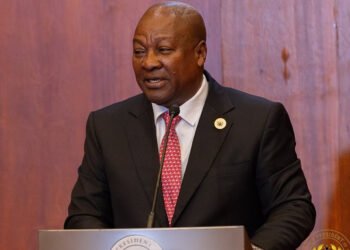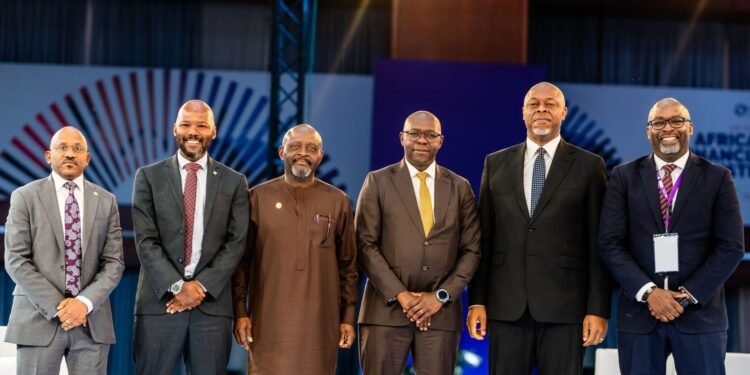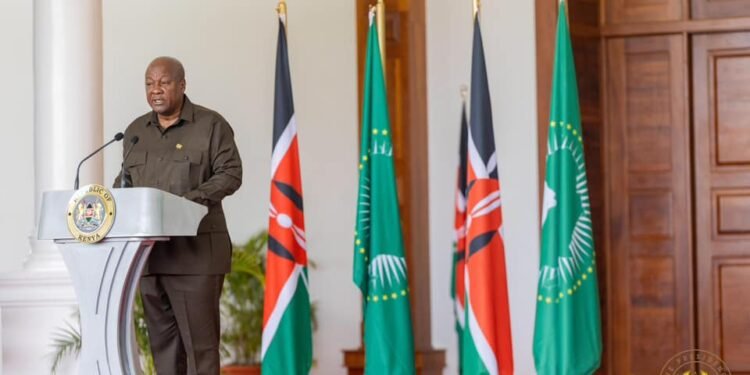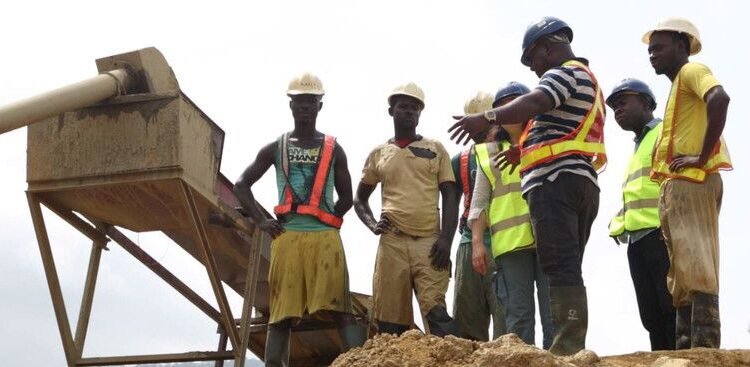The Ghana Legal Information Institute (GHALII) is championing the creation of a comprehensive national digital law portal aimed at democratizing legal access for the general public.
At a workshop supported by GIZ, GHALII founder and former Akuapem South MP, Mr. Osei Bonsu Amoah stressed the urgency of expanding digital legal resources, arguing that effective justice and governance depend on widespread public access to the law.
“All these institutions are aimed at making the law accessible, free of charge to the average person. It is said that ignorance of the law is no excuse. But if the average person doesn’t have access to the law, would it be fair for you to judge him as he is ignorant of the law?”
Mr. Osei Bonsu Amoah, GHALII Founder
Mr. Amoah emphasized the fundamental need for legal knowledge to be readily available to all citizens. According to him, it becomes unjust if ordinary people are denied access to the laws by which they are expected to live and by which they are judged
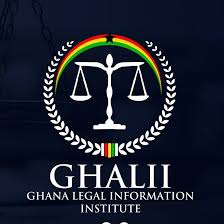
He further noted, “our main focus has been to let the people have access.” The initiative seeks to improve legal transparency not only for citizens navigating personal or civil matters but also for “businesses, investors, and institutions” seeking legal clarity in Ghana’s operating environment.
“It’s helpful for any society. If you want to do business, if you want to ply your trade, if you want to encourage investors, if you want to promote rule of law – all these things can only happen if people have access to the law”
Mr. Osei Bonsu Amoah, GHALII Founder
Mr. Amoah argued that access to legal information is a cornerstone of democratic development and national progress. In his view, legal knowledge should not be a privilege for the few but a common asset for all.
Strategic Partnerships
The workshop highlighted the role of key collaborators in advancing GHALII’s digital law agenda. According to Mr. Amoah, the support of advocates, civil society activists, and international development organizations like GIZ has been vital.
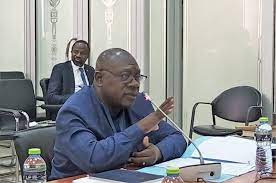
“Through them, we managed to get sponsorship from GIZ and because of that, we are doing a lot,” he said.
The project has also received institutional support from Ghana’s Parliament and Judiciary, both of which have begun taking concrete steps to contribute content and resources to the platform.
GHALII’s digital legal portal relies significantly on legal content from courts and legislative bodies. According to Mr. Amoah, “a memorandum of understanding” has been secured with the judiciary over years of engagement, allowing court judgments to be shared with GHALII for public access.
This is “for the average person to access and not just for lawyers and practitioners,” Mr. Amoah said, adding that although Parliament has made efforts to contribute, much more support is needed to enhance the initiative’s reach and sustainability.
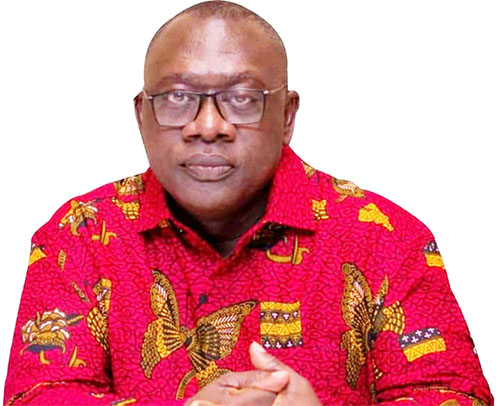
With the legal community, development partners, and state institutions all showing signs of collaboration, the push for a fully functional national digital law portal appears to be gaining momentum.
Mr. Amoah’s message is clear: access to the law must not remain the preserve of lawyers, politically exposed persons and elites – it must be for everyone.
As Ghana continues to prioritize access to justice, digital transparency, and rule of law, GHALII’s vision for a central legal information hub may become a defining feature of the country’s democratic infrastructure.
READ MORE: Judge Details Why Agradaa Bail Denied




